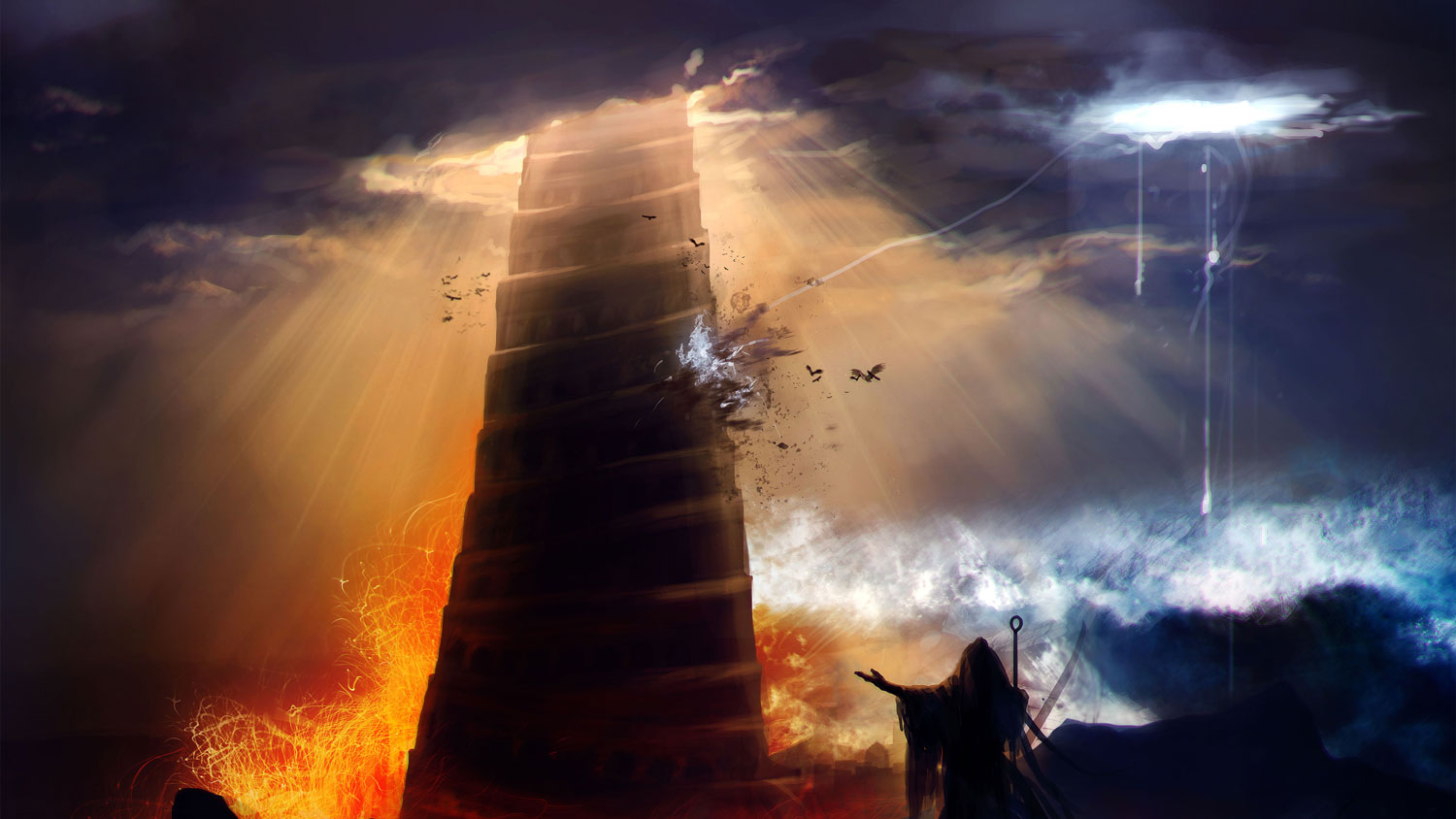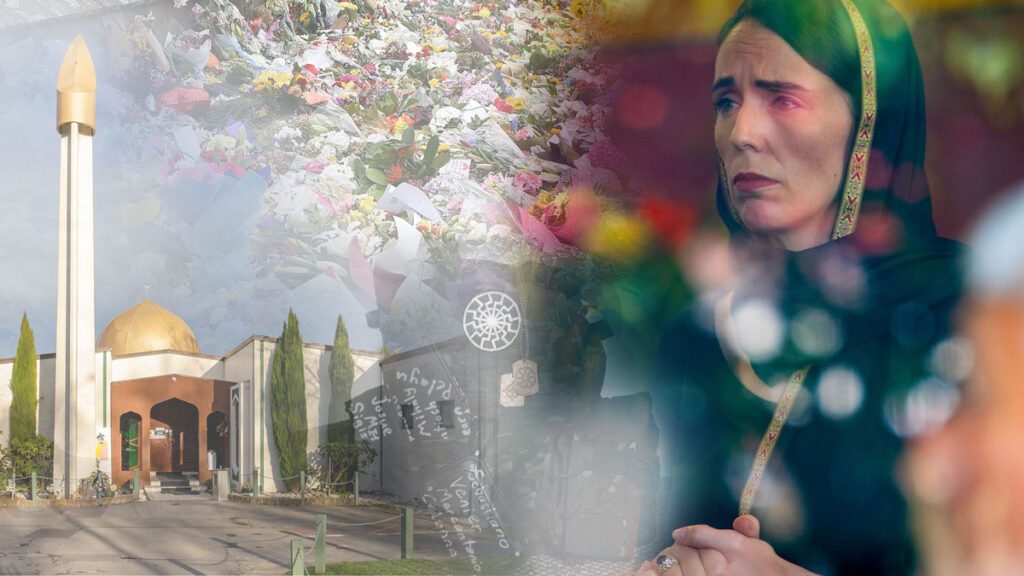There are certain themes that run through the Bible—like golden threads through a tapestry, you can follow them—to develop a more complete picture of God and His kingdom. One of these themes is God calling the nations back to close communion with Himself as Creator.
According to Genesis, two significant events push people away from God and others. The Fall, where the first humans are banished from the Garden of Eden to restrict their access to the Tree of Life. The second great split occurs with the curse of Babel—mankind is dispersed to ensure that they cannot create a greater evil together.
Some Christians believe that, since Babel happened under God’s oversight, it is God’s will that the nations are distinct and separate, rather than reading into Babel a descent back into the chaos that God reversed through the order of His creation (Genesis 1).
Yet God’s plan soon becomes clear, as He chooses one of those scattered families to begin His ministry of reconciliation. Abram is promised “all the peoples on earth will be blessed through you” (Genesis 12:3). [pullquote]
In the Torah, laws are laid down that encourage good treatment of foreigners and even stipulate how foreigners can join Israel and the “assembly of the people”. One beautiful example of foreigners being incorporated into God’s family is the story of Rahab, who helps the Israelites during the battle of Jericho. Not only is she spared but she takes her place among the people and “lives among the Israelites to this day” (Joshua 6:25). Matthew’s genealogy of Jesus intentionally incorporates Canaanites Rahab and Tamar, Ruth the Moabite, and the Hittite’s wife.
The prophets, especially Isaiah, continue the theme. While calling down judgement on the nations, the same nations appear to have an invitation or a prophetic destiny that sees them present in God’s eternal kingdom.
In Revelation we find the nations, “ethnos”, who have been separate and distinct from Israel through the Hebrew Bible, represented in the new earth; “the nations will walk by [the holy city’s] light and the kings of the earth will bring their splendour into it” (Revelation 21). It is clear the messages of the three angels must go to all the nations (Revelation 14:6).
The whole biblical storyline seeks to reunite people with God and people with each other. The falls in Genesis (Eden and Babel) describe the necessary split of people away from God first and then from each other. Pentecost is a reversal of that curse and the true expression of church on earth is a reversal of the chaos and chasm created.
God’s church partners in that work of reconciliation by showing the world what it looks like when culturally and ethnically diverse people get along.
A Pew study found the Seventh-day Adventist Church to be one of the most ethnically diverse in the United States. Our emphasis has always been to reach the nations with the everlasting gospel. The danger for us is to rest there. Our diversity cannot stop with just having a worldwide community that includes people from every nation. We must find a way to learn from and celebrate other cultural expressions of the Adventist message.
We falsely equate being the remnant with a narrow and specific way of doing things, a way that we are comfortable with and that suits what we know and have been taught from birth. The dominant cultural group becomes the “true” religion and other cultural expressions of worship are dismissed. We may look at expressions of Adventism in cultures and contexts that are foreign to us and often reject them as unsaved.
The true representation of God’s people on earth will be a community that is diverse and yet still able to demonstrate love for one another. Setting aside our differences to serve Him who made us, joining the same family through the waters of baptism and working towards the same goal to share Jesus in all places—that is unity in the body of Christ. Then we will truly demonstrate the mystery of the gospel and begin to reverse the curse of Babel.






